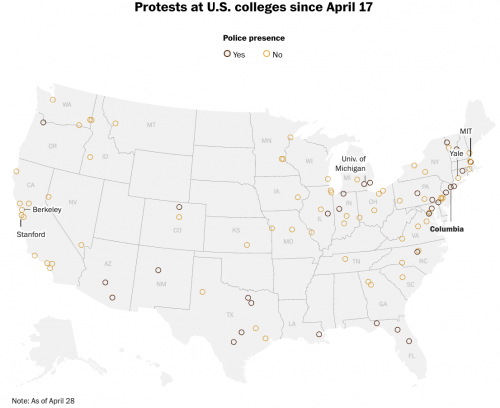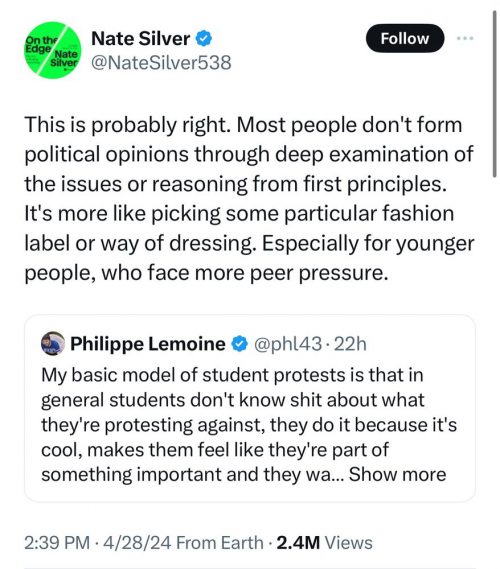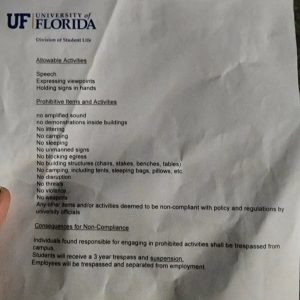Brian Cox (not the astronomer) is an actor who often plays brusque, rude, loud characters, and he’s usually, at least superficially, a bad guy. So of course he turns out to be an atheist in real life.
Now, he’s got some spicy words for the Bible and religion, which he ultimately calls “stupid”—mostly because of the “patriarchal” lens it puts on the world.
“We created that idea of God and we created it as a control issue,” he continued on the podcast. “It’s also a patriarchal issue. That’s how it started and it’s essentially patriarchal. We haven’t given enough scope to the matriarchy and I think we need to move matriarchically.”
“We have to go more towards a matriarchy because the mothering thing is the thing which is the real conditioning of our lives,” he explained. “Our fathers don’t condition us ‘cause they’re too bloody selfish, but our mothers have to because they have an umbilical [cord],” he said, adding that women’s “umbilical relationship” to the their children contrasts a father’s: “Men do not have that, they’re just sperm banks—moveable sperm banks that walk around and come and go.”
A “matriarchal” society makes a lot more sense, Cox said, but the “propaganda” in the Bible gets in society’s way of this world view. “It’s Adam and Eve,” he continued, “The propaganda goes right the way back—The Bible is one of the worst books ever, for me, from my point of view because it starts with the idea that Adam’s rib—that out of Adam’s rib, this woman was created. I don’t believe it… ‘cause they’re stupid.”
Instead of this patriarchal worldview taken from the bible, Cox said, society should “honor” women and “give them their place.”
He ultimately concludes that people “need” religion because “they need some kind of truth,” but “they don’t need to be told lies.” And The Bible is “not the truth,” he stressed.
That’s all a bit overly simplistic, but he was on a roll.
Maybe the other one, Professor Brian Cox, will get crankier as he gets older and less pretty and grows into his name?

















